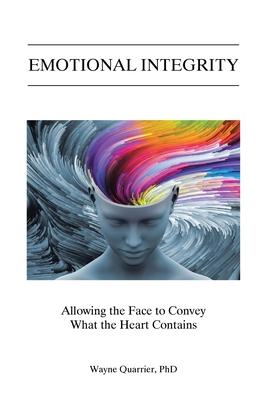"You shouldn't feel like that" is a statement that demonstrates ignorance and unkindness, whether intentional or not. It invalidates the expression of the person revealing his or her inherent feelings and exploits that person's vulnerability. Research shows that this can result in mental health disorders, divorce, suicide, and even mass murders.
Everyone has emotional experiences, and all the significant events of life include them; however, the causes and the consequences of emotions are among the least understood and underappreciated aspects of the human experience. Emotional integrity boldly intends to change that.
This book presents conclusively that the disciplines of theology, social science, and medical science support the concept of emotional integrity and that the health and well-being of our society depends upon the understanding and acceptance of and adherence to this concept.
This will not be an overnight transformation. Centuries of misunderstandings and decades of assertions based on them will need to be challenged until a broad enough base of theologians, educators, and mental health practitioners understand the concept of emotional integrity, accept it, and persuasively promote it. If they are successful, it is very likely that husbands and wives, parents and children, bosses and workers, friends and neighbors will experience healthy and fulfilled personal relationships.
